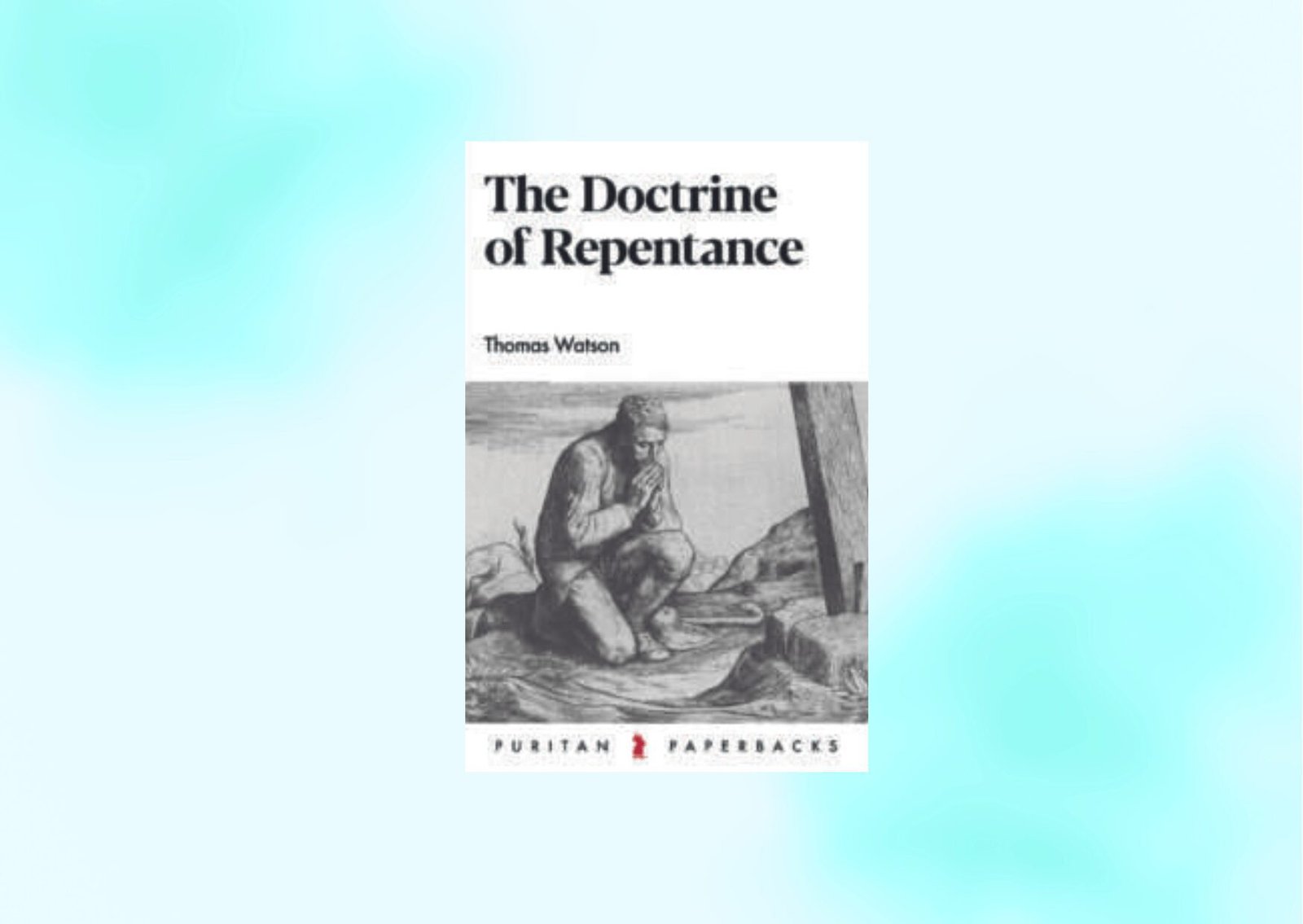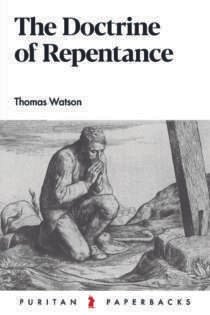The Doctrine of Repentance by Thomas Watson

Introduction
“The Doctrine of Repentance” by Thomas Watson is a timeless masterpiece that delves into the depths of the human soul and explores the profound process of repentance. With its rich language and thought-provoking insights, this book offers a compelling exploration of the transformative power of repentance.
Unraveling the Essence of Repentance
Repentance: A Life-Altering Experience
Repentance is like an earthquake that shakes the very foundation of our being. It compels us to confront our shortcomings, acknowledge our sins, and strive for a radical transformation. Watson’s book summery beautifully captures the essence of this life-altering experience.
The True Nature of Repentance
- Repentance is not merely a superficial act of regret; it is a heartfelt sorrow for one’s sins and a genuine desire for change.
- It involves a deep self-reflection, an honest evaluation of our actions, and a willingness to turn away from our sinful ways.
- Genuine repentance goes beyond mere words; it is manifested in a transformed life and a renewed commitment to righteousness.
The Role of Repentance in Spiritual Growth
The Gateway to Divine Mercy
- Repentance acts as a key that unlocks the gates of divine mercy. It is through genuine repentance that we find forgiveness and reconciliation with God.
- It bridges the gap between our flawed humanity and the perfect holiness of the divine, paving the way for a renewed relationship with our Creator.
A Transformative Journey
- Repentance is a journey, not a destination. It involves a continuous process of self-examination, growth, and renewal.
- It challenges us to confront our weaknesses, address our sinful tendencies, and strive for a higher standard of righteousness.
- Through repentance, we shed our old self and emerge as a new creation, empowered by the grace of God.
FAQs
How does “The Doctrine of Repentance” emphasize the importance of confession in the process of repentance?
Watson highlights the significance of confession as a vital component of repentance. By acknowledging our sins before God and seeking His forgiveness, we open ourselves to the transformative power of repentance.
Does the book summery explore the role of repentance in restoring broken relationships?
Absolutely! Watson eloquently illustrates how true repentance can mend shattered relationships by fostering forgiveness, reconciliation, and a genuine desire to make amends.
Can “The Doctrine of Repentance” provide practical guidance for those struggling with repentance?
Indeed! Watson’s book summery offers practical insights and guidance on how to cultivate a repentant heart, providing a roadmap for those seeking to embark on the transformative journey of repentance.
Conclusion
“The Doctrine of Repentance” by Thomas Watson is a profound exploration of the soul’s transformation through the power of repentance. This captivating book summery invites readers into a thought-provoking journey, urging them to introspect and evaluate their own lives in light of the timeless principles discussed within its pages.
Quote
"Repentance is not a sign of weakness but a display of courage, for it takes great strength to confront one's own shortcomings and embrace the path of change."
"In the depths of genuine repentance, we find the wings to soar above our past mistakes and embrace a future filled with grace and redemption."
"True repentance is not a fleeting emotion but a steadfast commitment to turn away from sin and embrace the transformative power of righteousness."
"Through the process of repentance, we shed the heavy chains of guilt and discover the freedom to embrace our true identity in Christ."
"Repentance is not a burden to bear but a burden released. It is the unburdening of our souls as we surrender our sins and embrace the abundant grace of God."
The Doctrine of Repentance by Thomas Watson (1620-1686)
ENDORSEMENTS ‘The Doctrine of Repentance is probably one of the most needed books, not only for…



